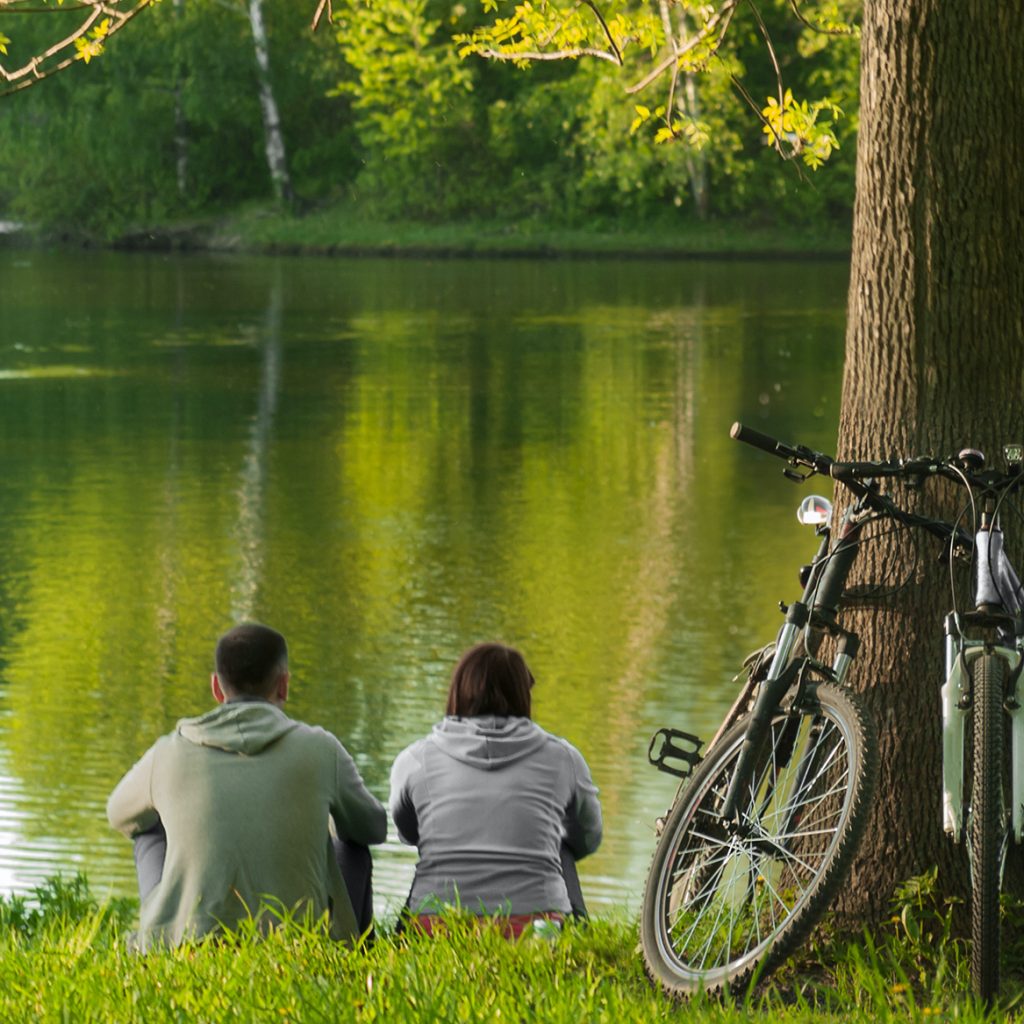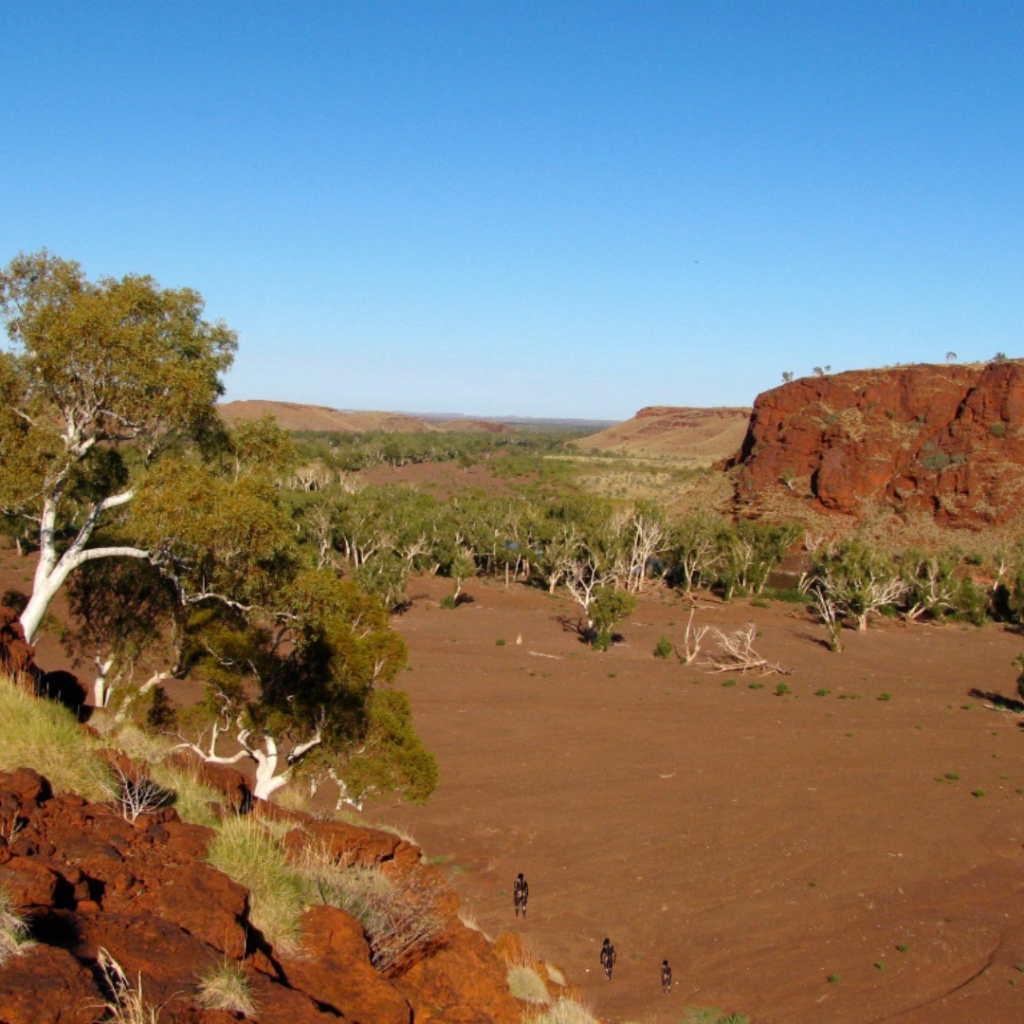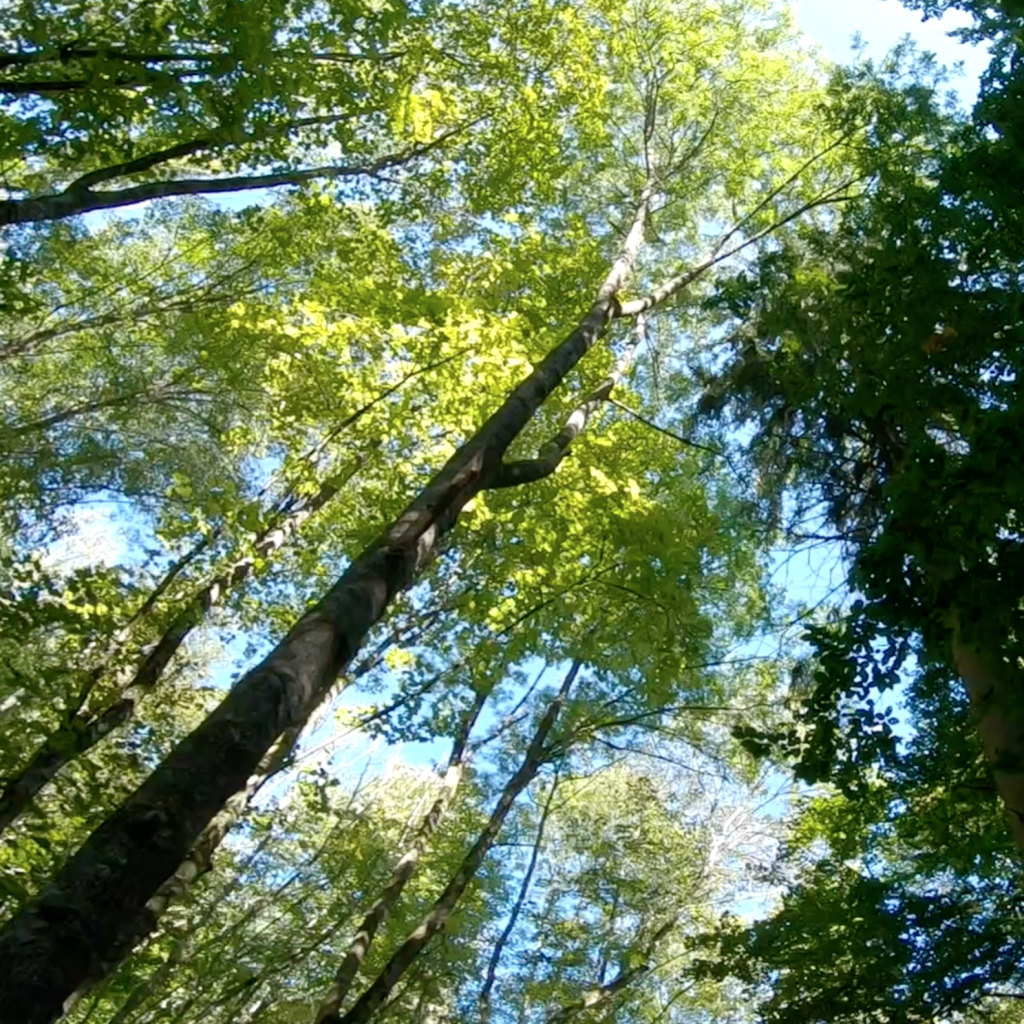
Do you ever find yourself questioning the sanity of our hectic urbanized lifestyle? Time seems to slip away like sand through your fingers, and the never-ending to-do list never gets any shorter. Balancing countless responsibilities, navigating deadlines, and dealing with workplace pressures can be overwhelming. Shouldn’t life be a little more peaceful? Shouldn’t we feel more relaxed?
The Urbanization Challenge
Our lives are increasingly intertwined with technology and urbanization. While these advancements bring many benefits, they are also associated with rising mental health issues, including stress, anxiety, and depression. Many people are experiencing negative consequences from a disconnection with the natural world. Numerous studies have demonstrated links between these issues and our lack of connection with nature.
Immersed in a world full of intrigue, beauty and wonder, they took it in without effort as they made their way. Listening to the language of nature and responding in one way or another, these were our ancestors in their natural environment.
Our Natural Roots
Before early humans explored agriculture and settlements, they spent all of their vast history only in nature. Imagine for a moment those first people wandering the earth—through forests and deserts, woodlands and creeks, valleys and hillsides, and along the coast. They would scan the plains for opportunities, smell the wind, observe small changes in plants, and notice the subtle shifts in seasons. They would watch the movements of animals, listen to the sounds of their world, collect seeds, watch the birds, see the sun set, and be with the stillness.


The Innate Connection
Because of this vast history with nature, everyone has an innate connection with nature to some extent. By reconnecting with the natural world, we can bring ourselves to a calmer place and significantly enhance our health and well-being. We innately know we feel significantly better in nature, and the signs are more obvious than we think. People flock to the riverside for a walk rather than to the local industrial area. Property prices along the coast are much higher than inland because we love the feeling of being near the sea. We feel something in nature that we align with and innately we know is good for us.
The Science of Nature’s Benefits
In recent years, remarkable research findings have highlighted the positive effects that engaging with nature can have on our overall mental health. Here are some examples:
- Living in Greener Environments: A study involving 2.3 million people found that individuals living in greener environments had lower levels of stress, anxiety, and depression.1
- Walking in Nature: Research conducted by Stanford University found that walking in nature can reduce rumination, a key factor in mental health disorders like depression and anxiety.2
- Childhood Green Spaces: Researchers examined data from more than 900,000 residents and found that children who lived in neighborhoods with less green space had a higher risk of developing psychiatric disorders later in life, including depression, mood disorders, schizophrenia, eating disorders, and substance use disorder. This risk was 55% higher than for those who grew up with abundant green space.3
Recent findings have shown that the deeper benefits of nature don’t come specifically from spending time there. While time in nature is wonderful, it’s about what we do when we are in contact. The deeper lasting benefits are tied to our thoughts, feelings, and connection to nature.

Practical Steps for Everyday Life
With the right guidance, we can learn to connect with nature easily in our everyday lives without scheduling regular specific efforts. These benefits can be assessed, similar to how scale questions gauge a person’s level of extroversion or shyness. We can measure how connected a person is to nature.
Coming Full Circle
By engaging with nature, we are, in a sense, coming full circle—getting back in touch with our beings and coming back to our original selves. This reconnection can bring a sense of calm, grounding, and overall better mental health. How do you feel about reconnecting with nature to enhance your well-being? Reflect on the benefits and consider incorporating nature into your daily routine. Your mental health will thank you.
Ready to reconnect with nature and improve your mental health? Let go of the stress and connect once again with our magical world. See how this course can help you redefine your life and guide you through a simple yet profound transformation.
References
- Geary RS, Thompson D, Mizen A, Akbari A, Garrett JK, Rowney FM, Watkins A, Lyons RA, Stratton G, Lovell R, Nieuwenhuijsen M, Parker SC, Song J, Tsimpida D, White J, White MP, Williams S, Wheeler BW, Fry R, Rodgers SE. “Ambient greenness, access to local green spaces, and subsequent mental health: a 10-year longitudinal dynamic panel study of 2·3 million adults in Wales”. Lancet Planet Health. 2023 Oct;7(10):e809-e818. doi: 10.1016/S2542-5196(23)00212-7. PMID: 37821160. ↩︎
- Bratman GN, Hamilton JP, Hahn KS, Daily GC, Gross JJ. Nature experience reduces rumination and subgenual prefrontal cortex activation. Proc Natl Acad Sci U S A. 2015 Jul 14;112(28):8567-72. doi: 10.1073/pnas.1510459112. Epub 2015 Jun 29. PMID: 26124129; PMCID: PMC4507237. (Bratman et al, 2015). ↩︎
- Engemann, K., Pedersen, C.B., Arge, L., Tsirogiannis, C., Mortensen, P.B., & Svenning, J. (2019). Residential green space in childhood is associated with lower risk of psychiatric disorders from adolescence into adulthood. Proceedings of the National Academy of Sciences of the United States of America, 116, 5188 – 5193. (Engemann et al, 2019) ↩︎
